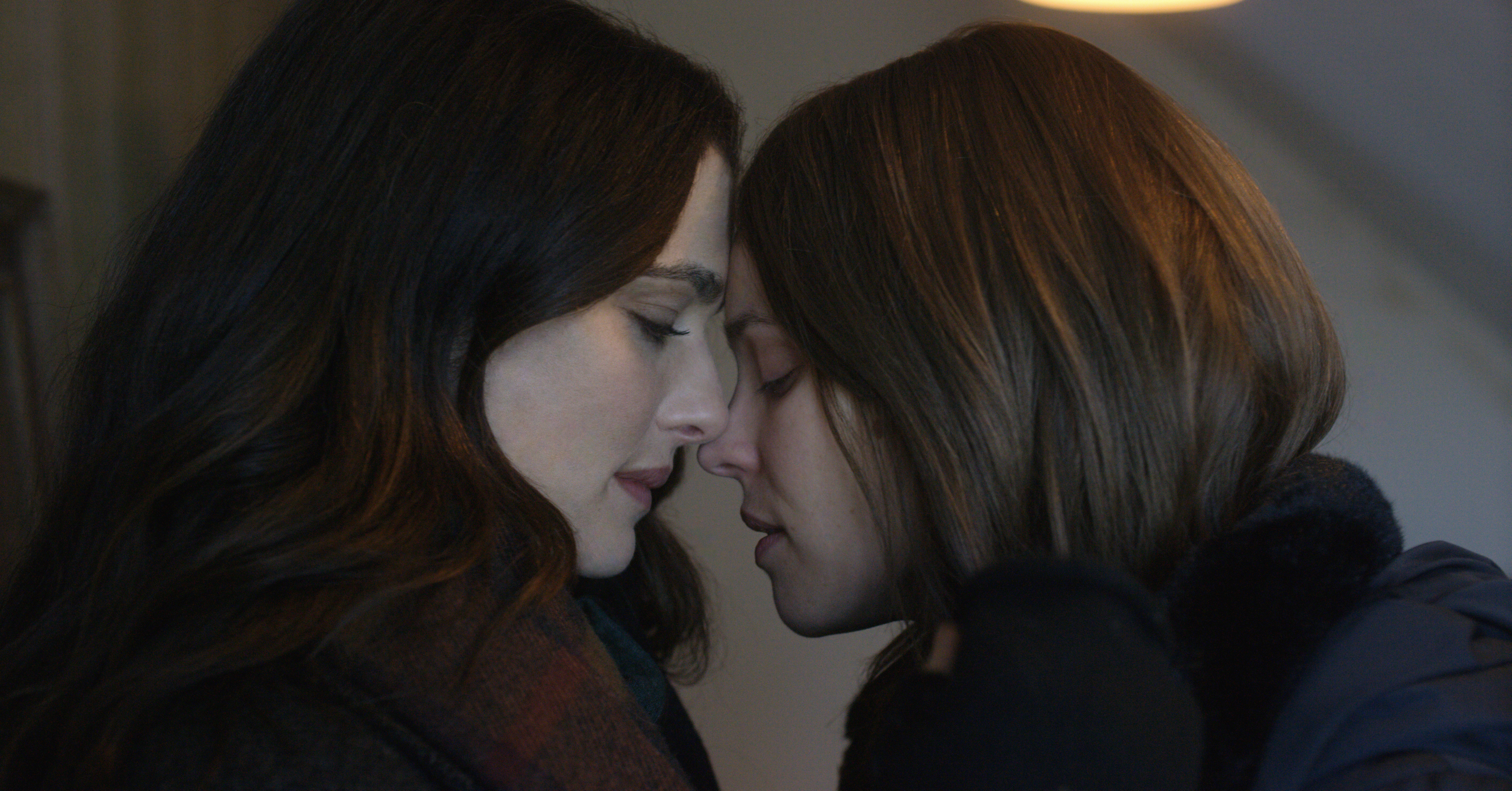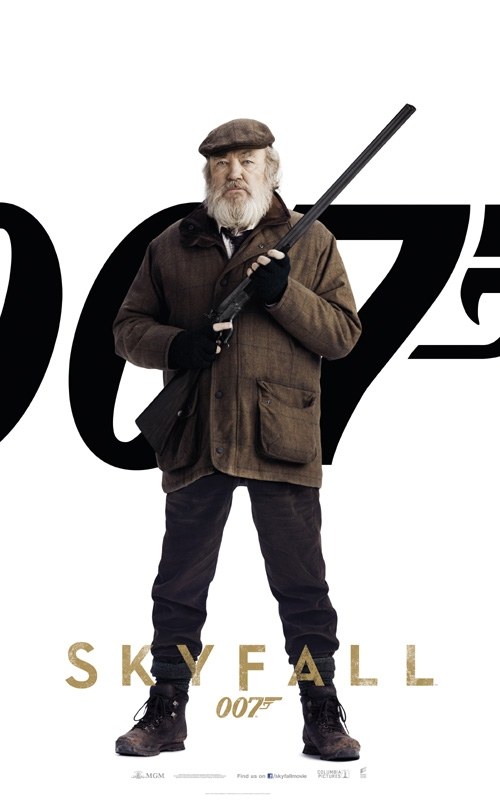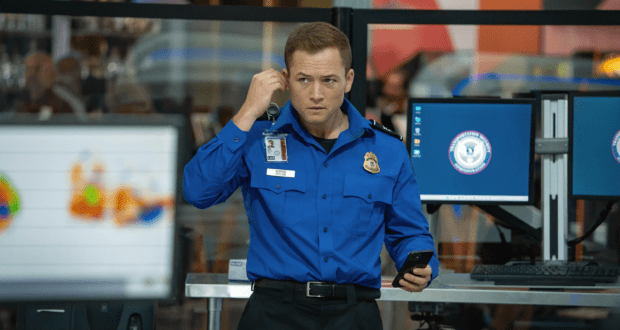Luca Guadagnino‘s Queer attempts to translate the complex layers of William S. Burroughs‘ 1985 novella into a visually striking period romantic drama. The film immerses us in 1950s Mexico City, a time and place alive with color and chaos, yet shadowed by the personal turmoil of its protagonist, William Lee. Played by Daniel Craig, Lee is a flawed character on the run from his past, trying to find solace or perhaps just distraction in a foreign land. What unfolds is a story that examines themes of longing, obsession, and the quest for identity.
Daniel Craig is magnificent:
Daniel Craig’s portrayal of William Lee is easily the centerpiece of the film. His performance is nuanced, capturing the internal struggles of a man consumed by his own desires and insecurities. Craig’s Lee is not a character designed to garner sympathy; he is prickly, often unlikable, and lost. Yet, there is an authenticity in his portrayal that pulls the viewer in, making us root for him despite his flaws. The film wisely chooses not to soften Lee’s edges, presenting him as he is—a testament to both the source material and Craig’s commitment to the role.
The object of Lee’s obsession, Eugene Allerton, is brought to life by Drew Starkey. Allerton, a discharged American Navy serviceman, exudes a youthful charisma and underlying vulnerability that makes Lee’s infatuation believable. Starkey’s performance is subtle, allowing the audience to see why Allerton would be both captivating and frustrating for someone like Lee. Their chemistry is electric, yet it also underscores the central tension of the film—the inability to truly connect with someone when one’s own identity is in flux.
Supporting cast:
Supporting roles add further depth to the film. Lesley Manville as Dr. Cotter provides a grounding presence amidst the swirling emotions. Her character offers Lee a semblance of stability and reason, though her appearances are too brief to fully explore this dynamic. Jason Schwartzman as Joe Guidry adds a touch of levity, albeit with an undercurrent of his own hidden motives. Meanwhile, Henry Zaga‘s Winston Moor introduces an additional layer of intrigue and complexity to the unfolding narrative.
Direction and writing:
Guadagnino’s direction is both a strength and a weakness in Queer. On the one hand, his ability to craft an atmospheric setting is on full display, with Mexico City depicted in vibrant detail. The film’s visuals are stunning, from the lively, music-filled clubs to the quieter, reflective moments. However, the pacing sometimes falters, with certain scenes lingering too long without advancing the story. This can make the film feel sluggish, detracting from the emotional impact of key moments.
The screenplay by Justin Kuritzkes stays largely faithful to Burroughs’ novella, which is both a blessing and a curse. The film succeeds in capturing the existential angst and alienation that permeate Burroughs’ work, but this adherence also means it inherits the novella’s fragmented narrative style. For viewers unfamiliar with the source material, this can lead to confusion, as the film oscillates between Lee’s internal monologues and the external world he inhabits. The narrative structure may alienate some viewers, but for those willing to embrace it, Queer offers a thought-provoking experience.
Themes and technical elements:
The film’s exploration of its themes—identity, desire, and the search for connection—resonates, particularly in the context of the 1950s setting. The cultural and social constraints of the time are ever-present, adding another layer of complexity to Lee’s interactions and desires. The film does not shy away from the darker aspects of these themes, presenting a raw and unfiltered look at human emotions.
In terms of its technical elements, Queer excels. The cinematography is exquisite, capturing the contrasts of Mexico City in rich detail. The film’s score complements the visuals, enhancing the emotional tone without overpowering it. The production design faithfully recreates the 1950s, transporting the audience to a bygone era with meticulous attention to detail.
Overall:
Ultimately, Queer is a film that will likely divide audiences. Those seeking a straightforward romantic drama may find its introspective approach challenging, while viewers open to a more abstract exploration of complex themes will appreciate its depth. The performances, particularly those of Craig and Starkey, elevate the material, even when the narrative stumbles.
Queer is an ambitious adaptation that succeeds in capturing the essence of Burroughs’ novella, though it struggles with pacing and coherence at times. It’s a film that demands patience and introspection from its audience, rewarding those who are willing to engage with its intricacies. Guadagnino has crafted a visually arresting and emotionally resonant film that, despite its imperfections, leaves a lasting impression.
-
Acting - 8/10
8/10
-
Cinematography/Visual Effects - 7.5/10
7.5/10
-
Plot/Screenplay - 7.5/10
7.5/10
-
Setting/Theme - 7/10
7/10
-
Watchability - 7/10
7/10
-
Rewatchability - 5/10
5/10

















